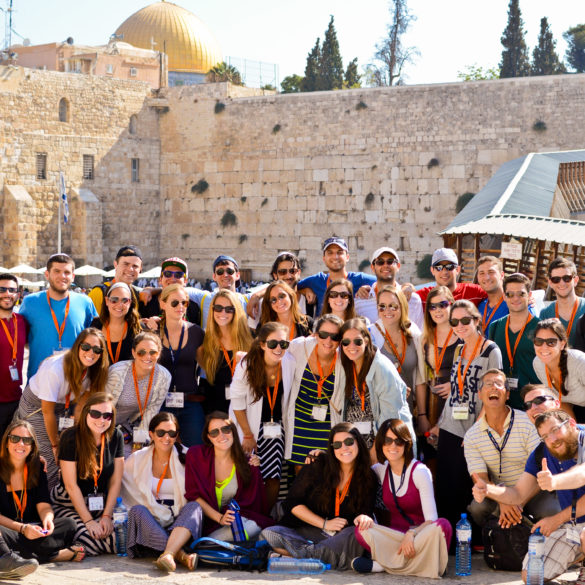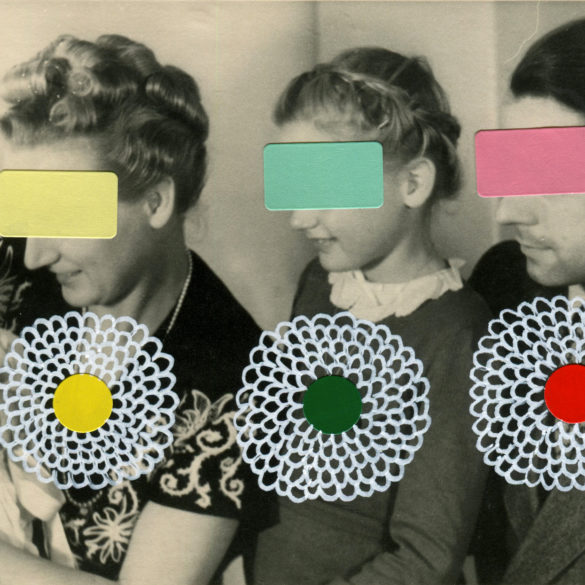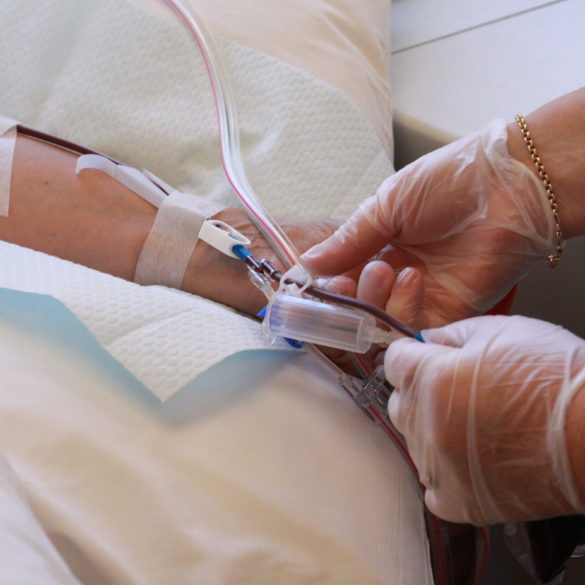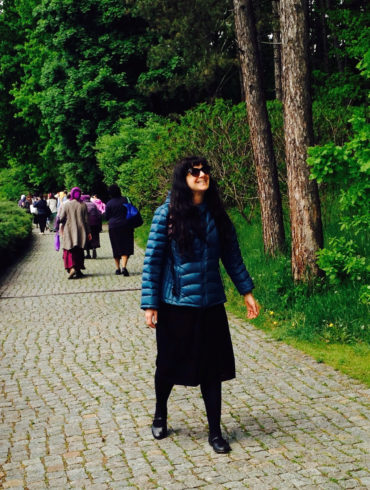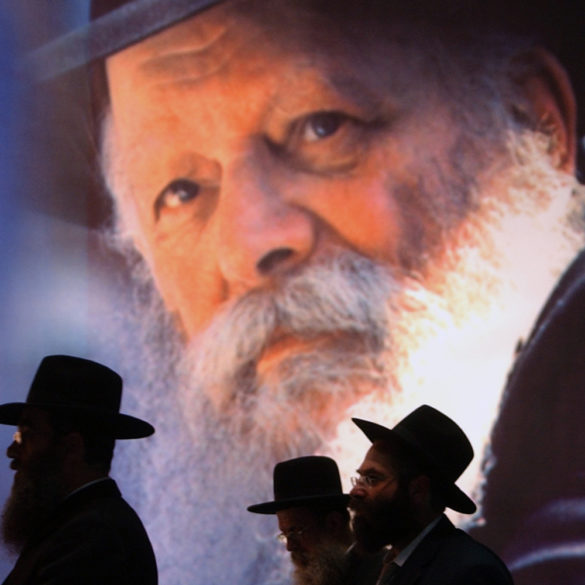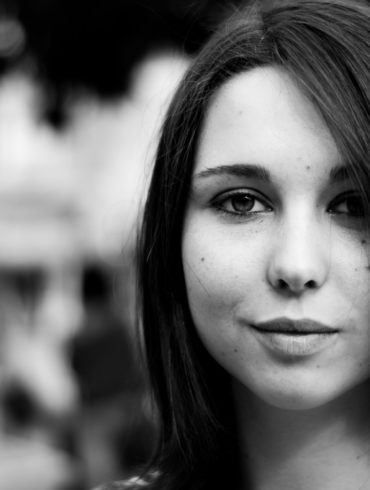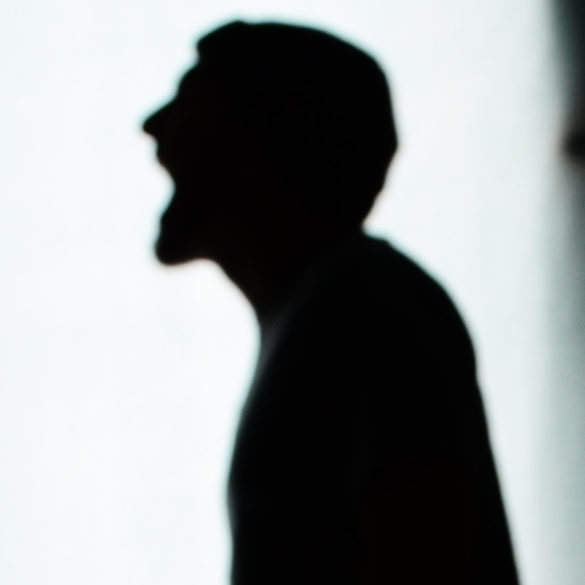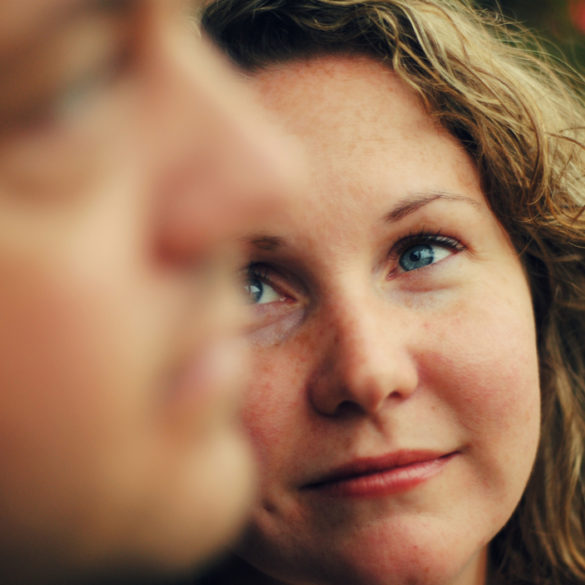Moments hold meaning. But do they change our lives in real, sustainable, ever-lasting ways?
What's the point of remembering when memories are flawed anyway?
I always look down to see the needle enter my arm, so that I can better understand the frailty of life. It stings a little as it goes in, but the pain is worth it.
Given the options, I’m glad I don’t fit in. I’m glad I keep my eyes open. I’m glad institutions make my skin crawl, that being in church—or anyplace that feels like a western, Christian, colonized knockoff—doesn’t feel right to me.
I’m lonely for a real leader. I’m surrounded by charismatic pulpit Rabbis, authors, lecturers, Halachic geniuses and community activists-- yet something is missing. I don’t feel like there’s anyone out there fighting for me.
Tonight, he stops to look at me- like really look at me. Except I sense that his eyes are also looking through me, to somewhere halfway in-between my skin and the deep inner recesses of his warmly kept memories.
A conversation about how to honor people, the Torah, and the nuances of public vs. private life turns into a conversation about how we define frum -- about what makes an observant person observant.
And here’s where I start to get uncomfortable.
Remember that there is a higher reality in the world. The material here and now is not all there is. Nobody can ever be perfect in the material world, but we darn well can live life with purpose and with meaning.
Rivka examines why giving without expecting anything in return isn't as great as it's made out to be.




